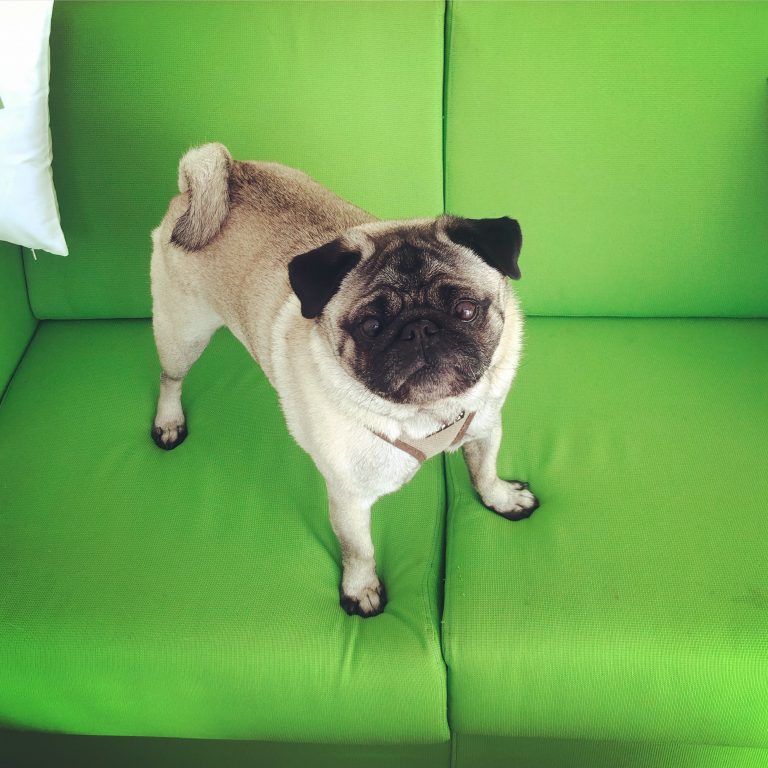


A dog is for life and not just Christmas is a sentiment we can all embrace.
The soothing effects of having a pet at home are well known and the government’s update to the model tenancy agreement now makes it easier for tenants with pets to secure leases.
Changes to the agreement meant landlords could no longer issue blanket bans on pets.
Instead consent for pets has become the default position and landlords have to object in writing within 28 days of a written pet request from a tenant and provide a good reason.
The Dogs Trust explained one of the top reasons they saw dogs being handed in for re-housing was because of a change in circumstances which meant the owner was moving into private rented accommodation and their pet was not welcome.
In 2020, only 7% of landlords advertised their property as suitable for pets (GOV.UK). With such a small proportion of pet-friendly rentals, some tenants have no choice but to give up their pets.
The Dog’s Trust now hopes that under the new model tenancy agreement more tenants will be able to re-house pets that have sadly been given up for adoption.
Tenants will still have a legal duty to cover the costs of any damage caused by pets, but more tenants will be able to find suitable accommodation.
Housing Minister Christopher Pincher MP said the change struck the right balance between helping more people find a home that’s right for them and their pet, while ensuring landlords properties are safeguarded.
If a landlord is open to taking a ‘pets considered’ approach then the model tenancy agreement can be really useful to ensure that they are taking into account all of the aspects of allowing pets in their property.
According to the Dogs Trust, with more and more people becoming pet owners, adopting a ‘pets considered’ approach can increase demand for a property. You are also likely to attract long-term, responsible tenants.
The newly proposed Pet Protection Bill is also awaiting approval from Parliament.
The Dogs and Domestic Animals Accommodation Protection Bill is designed to help responsible pet owners find suitable rental properties.
Currently awaiting its second reading, the bill will allow dogs and other animals to be kept in rental accommodation in England.
The bill will help responsible renters and its focus is the protection and welfare of domestic animals. As well as giving tenants the right to keep pets in their rental property, the bill proposes pet owners have a certificate of responsible animal guardianship.
Certificates will be issued subject to a responsible ownership test, conducted by a registered vet, including:
The bill also proposes that all information regarding an animal and its ownership be entered into a database – including mandatory microchipping for all dogs and cats.
If the proposed bill goes ahead, tenants will not have an unconditional right to keep a pet. Tenants can’t have a dog or domestic animal unless they hold a responsible animal guardianship certificate. If living in the rental accommodation puts the animal at risk, or causes danger or nuisance to people nearby, they will not be allowed.
Under the new legislation, landlords could also restrict their tenant’s right to keep dogs or domestic animals if they hold a certificate of exemption.
These would be issued if the property wasn’t suitable for an animal or the landlord or another tenant has a religious or medical reason not to come into contact with a dog or domestic animal.
Book a face-to-face valuation with one of our local property experts, free without any obligation.